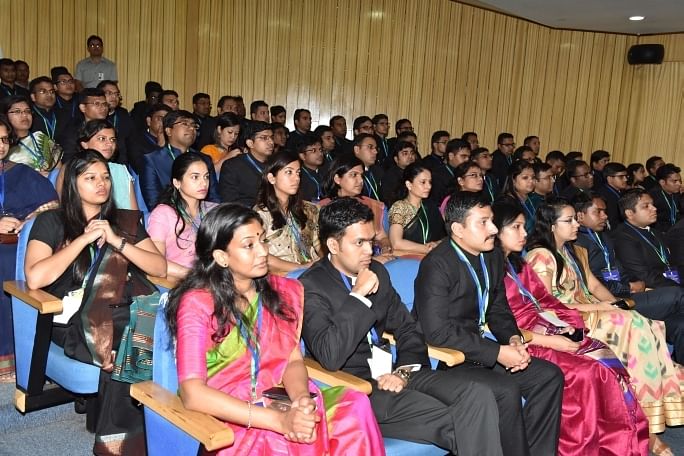Newly appointed IAS Association president says most officers are engineers, CAs and doctors and have technical knowledge.
New Delhi: The IAS Association will soon make a pitch to the government for qualification-based appointments in ministries and departments, a move seen as an attempt to counter the view that most IAS officers lack domain expertise to work in a rapidly-changing and technology-driven world.
“We will take up this matter with the government, and tell them this allegation (of lack of domain expertise) is often made at us, so they should see if it is possible to post officers according to their technical expertise,” Rakesh Srivastava, the newly-appointed president of the association, told ThePrint in an exclusive interview.
Srivastava, currently secretary of the women and child development ministry, said the association has not taken an official stand on the issue of lateral entry of domain experts into various ministries, but it is aware of the criticism that most bureaucrats are “generalists”.
Also read: Cosy with CBI officials, caterer of Delhi club helped IAS, IRS officers stash loot
“It is wrong to assume that IAS officers are not technically qualified. Majority of IAS officers are engineers, CAs, doctors, etc,” he said.
“They only become generalists if they are posted to an unrelated department…but it is wrong to say that they are not technically qualified.”
However, in order to dispel the impression, the association will discuss whether the transfer and appointment policy of officers can be tweaked, he said.
Srivastava, a 1981 batch officer of Rajasthan cadre, was appointed the president of the association last Friday in a general body meeting (GBM).
The members of the association present at the GBM also discussed other issues such as how the association should intervene in situations where an IAS officer is accused of misdemeanour.
“We decided that we will appoint an ombudsman — a senior retired officer of impeccable integrity — and seek his opinion over the issue…On the basis of the ombudsman’s advice, we can decide whether or not to support the officer in question,” said Srivastava.
He also welcomed the new amendments to the Prevention of Corruption Act, which will protect honest officers from investigating agencies — a long standing demand of bureaucrats.
“We wholeheartedly welcome the move because at least now malicious intent of the officer has to be proved,” he said.
“In addition, innocent officers will not be punished simply if pecuniary loss is incurred by the government because of a wrong decision taken inadvertently,” he said.
Also read: Inside India’s giant IAS coaching factories: Hope, hype and big money
Asked if he thinks IAS officers should be free to express their points of view on important issues and criticise the government if need be, Srivastava argued that they must do so within the precincts set by the Service Conduct Rules applicable to them.
“Conduct Rules bind IAS officers so long as they are in service…so the association feels they must follow the rules,” he said. However, the officers are free to discuss matters with the association, and the association can follow up, he added.
Recently, Jammu and Kashmir-cadre IAS officer Shah Faesal had stirred up a hornet’s nest by calling the Service Conduct Rules “draconian”.
“If the rules are considered draconian, we can talk about them…If the government could amend an Act (Prevention of Corruption Act), why can rules not be amended?” Srivastava asked.
